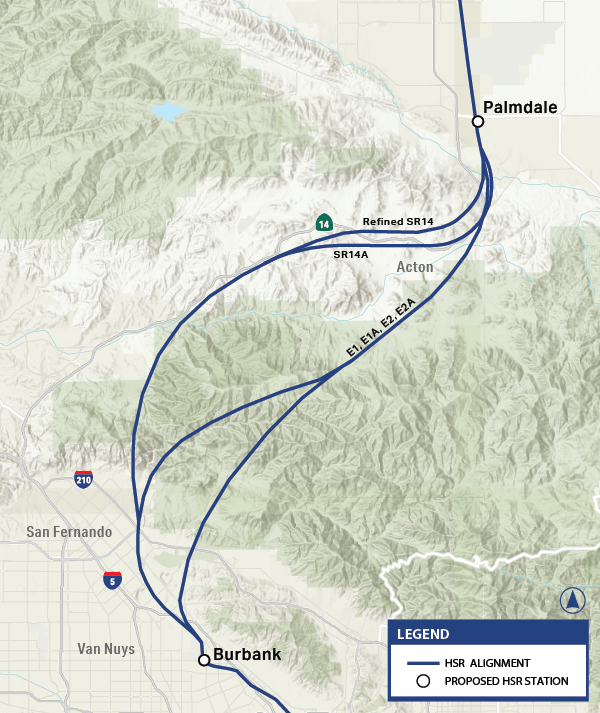There are up to 160 different snake species in Africa. Fossils show that venomous snakes could have been present on the continent as early as 25 million years ago.
While most of Africa's snakes are not dangerous to humans, it is home to one of the most feared species in the world—the black mamba.
So what exactly makes this species special? Newsweek spoke to South African snake catcher Nick Evans, who owns a snake removal business in the KwaZulu-Natal province and greater Durban area, where black mambas are abundant. Evans has removed hundreds of black mambas in his career, and is currently researching the species.
What is a black mamba ?
The black mamba is a highly venomous snake found in Southern Africa. It is also the longest snake on the continent.
Evans told Newsweek that while it is one of the most feared, it is also one of the most misunderstood.
Their reputation comes from the widespread belief that they are highly aggressive, as well as highly venomous. However, a mamba's first instinct is usually to run away from people, rather than to bite. They like finding places to hide which is why in South Africa, they can accidentally end up in people's homes.
Despite their name, they are more of a brownish color. They are called 'black' because of the inky color inside their mouths, which gives them a menacing appearance. They feast on small rodents, using venom to immobilize their prey before swallowing it whole.
The snake has a maximum venom yield of about 400 mg, however, this is rare, and most will have about 280 mg. According to the African Snake Bite institute, only 15 to 20 mg is required in a bite to kill a human.

How fast is a black mamba?
The black mamba is often believed to be one of the fastest snakes in the world, however, Evans said he is "not convinced" this is true of the ones he has worked with.
"We can outrun them. They're believed to be the fastest snake in the world, moving up to 12 kilometers per hour (7.4mph)," he said. "Here in South Africa, I've seen some snakes move which I'm sure are quicker, namely those from the grass snake family (Psammophis species), and the green snake family (Philotohamnus)."
In his years of working with hundreds of black mambas, Evans has only had to outrun one once.
"It was on a flight of stairs. I approached from below because I knew its hiding spot was at the bottom of the stairs, in a hole going under a paving," he said. "It knew its safest place was there, so it dived down the long flight of stairs, sailing over them, just before I was going to grab it.
"I sprinted down, away from it, and managed. And I'm no Olympic sprinter! I still think if I froze, there's a good chance it would have gone past me without striking. Was I going to take that chance? Nope!"

How big are black mambas?
As the longest snake in Africa, the black mamba can reach impeccable length.
Evans said the average-sized Black Mamba is seven feet long, however, they can get much bigger.
"The biggest I've seen was 3.05m (11 foot). They have been recorded to get a bit bigger, but not more than 4 meters (13 foot)," he said.
Where do black mambas live?
Black Mambas prefer valley and savannah areas in the southern parts of Africa.
"Here, we have a few valleys, which is ideal as the cliffs are occupied by Hyrax, a small mammal which mambas love," Evans said.
They are also drawn to households, Evans said, especially messy ones. Messy households can attract rats, another black mamba's favorite. "Durban has quite the rat problem, which mambas are pleased about," Evans said.
How quickly would a black mamba kill you?
Another reason the snake is so widely feared is that its venom is particularly fast-acting. Sometimes, it could take as little as 20 minutes for its venom to kill a human after a bite.
However, It is difficult to determine exactly how long it would take, Evans said, as there are different factors at play. "It depends how much venom is injected, how each person reacts, where on the body the bite occurred. Death could be within an hour, or after a few hours," Evans said.
Black mamba bites are very dangerous, he said, however, they are rarely fatal if they occur in an area with good access to hospitals and antivenom.
"Usually, people get to the hospital within an hour. If people are far from hospitals, maybe a two to four hour drive, there's a chance they may not make it," Evans said.
Despite the risk of death, Evans said he does not like calling them dangerous.
"To me, people are more dangerous ... Snakes do not want to hurt anyone," he said. "Yes, they bite people, but generally, it's out of self-defense, whether we mean to give them a reason to defend themselves or not.
"In the Greater Durban area, we've got about 3.5 million people, and many black mambas. Yet, every year, I record 2, 3, or maybe 4 Black Mamba bites. That's a minuscule amount. And, many of these are provoked, where the person has tried to kill or capture the snake."

Uncommon Knowledge
Newsweek is committed to challenging conventional wisdom and finding connections in the search for common ground.
Newsweek is committed to challenging conventional wisdom and finding connections in the search for common ground.
About the writer
Robyn White is a Newsweek Nature Reporter based in London, UK. Her focus is reporting on wildlife, science and the ... Read more





